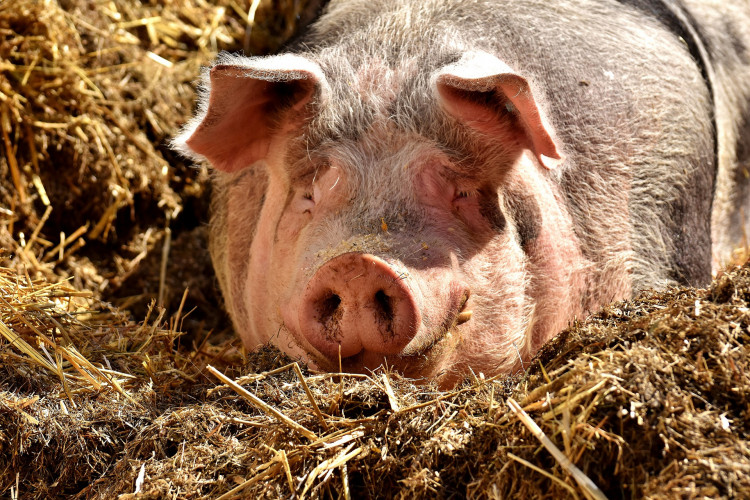On Tuesday, China reported its third African swine fever outbreak in Guangdong, which is the coastal province of southeast China, borders Hong Kong and Macau, in just less than a week. The latest case was reported in Boluo county, Huizhou, wherein 11 out of 90 pigs on a farm have been killed by the disease, according to the agriculture ministry.
Similar infections were also discovered in 30 pigs on a farm last Saturday in the Huangpu district of Guangzhou, the South China Morning Post reported. Since then, nine animals have died due to the illness, so local authorities responded and made actions by sealing off the area and then slaughtering 6,027 hogs.
The latest outbreak in Guangzhou occurred after a farm in nearby Zhuhai recorded African swine fever on Thursday. As a precautionary measure, authorities in the area have slaughtered 1, 598 pigs. The three reported outbreaks were the first in Guangdong, prompting Hong Kong authorities to increase efforts to prevent meats from being smuggled in the city.
Eleven animals reportedly contracted the disease and died at a slaughterhouse in the Xiangzhou district of Zhuhai. There are at least 92 outbreaks of African swine fever reported in China after the virus was first detected in northeast Liaoning province back in August. The cases in 23 provinces and regions have led to slaughtering over 630,000 pigs.
Until now, the source of African swine fever in China remains unknown, but a popular explanation said the virus likely entered the country via frozen pork from Russia. But, the explanation has never been confirmed nor denied. The virus can be spread by dead or live pigs and other pork products. Currently, there is no approved African swine fever vaccine.
Meanwhile, China also detected the virus in some powders made using pork blood and was manufactured by Tianjin-based company, a statement from the General Administration of Customs said on Tuesday. The administration noted the raw material for the 73.93 tons of contaminated protein products came from 12 slaughterhouses in Tianjin.
These protein products were mainly used in animal feed and were made by a subsidiary of Tianjin Baodi Agri & Tech Co Ltd. It has running operations from cooked meat production and hog breeding to biochemical production.
The case came despite China's effort to ban the use of pig blood and food waste blood as a raw material in the production of feed for pigs in September, which is a bid to halt the spread of the disease in the country.





